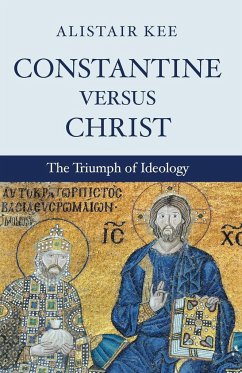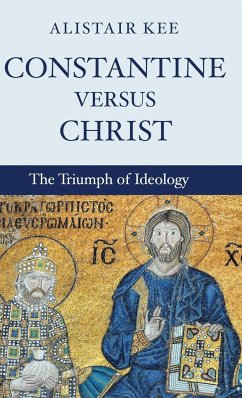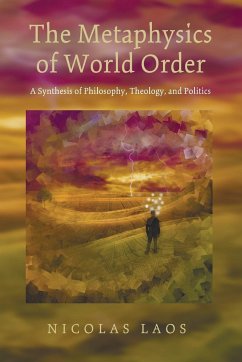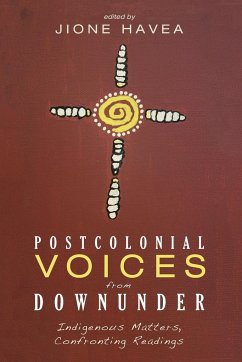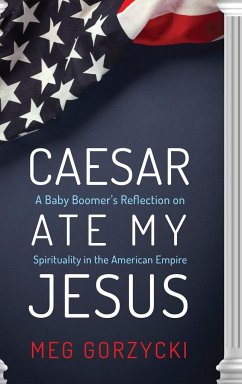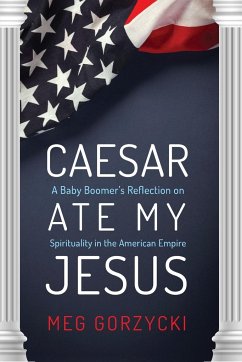The subject of this book is politics and religion, the relationship between Constantine and Christianity. Something happened in the reign of the Emperor Constantine that transformed both politics and religion in Europe, and anyone who seeks to understand modern Christianity must analyze this transformation and its consequences. The reign of Constantine is remembered as the victory of Christianity over the Roman Empire; the subtitle of the book indicates a more ominous assessment: ""the triumph of ideology."" Through a careful analysis of the sources, Dr. Kee argues that Constantine was not in fact a Christian and that the sign in which he conquered was not the cross of Christ but a political symbol of his own making. However, that is only the beginning of the story. For Constantine, religion was part of an imperial strategy, and the second part of this book shows just what that strategy was. Here is the development which marks a transition to a further stage, the way in which by using Christianity for his own ends, Constantine transformed it into something completely different. Constantine, Dr. Kee argues, along with his biographer and panegyrist Eusebius, succeeded in replacing the norms of Christ and the early church with the norms of imperial ideology. Why it has been previously thought that Constantine was a Christian is not because what he believed was Christian, but because what he believed came to be called Christian. And that represents ""the triumph of ideology.""
Hinweis: Dieser Artikel kann nur an eine deutsche Lieferadresse ausgeliefert werden.
Hinweis: Dieser Artikel kann nur an eine deutsche Lieferadresse ausgeliefert werden.

